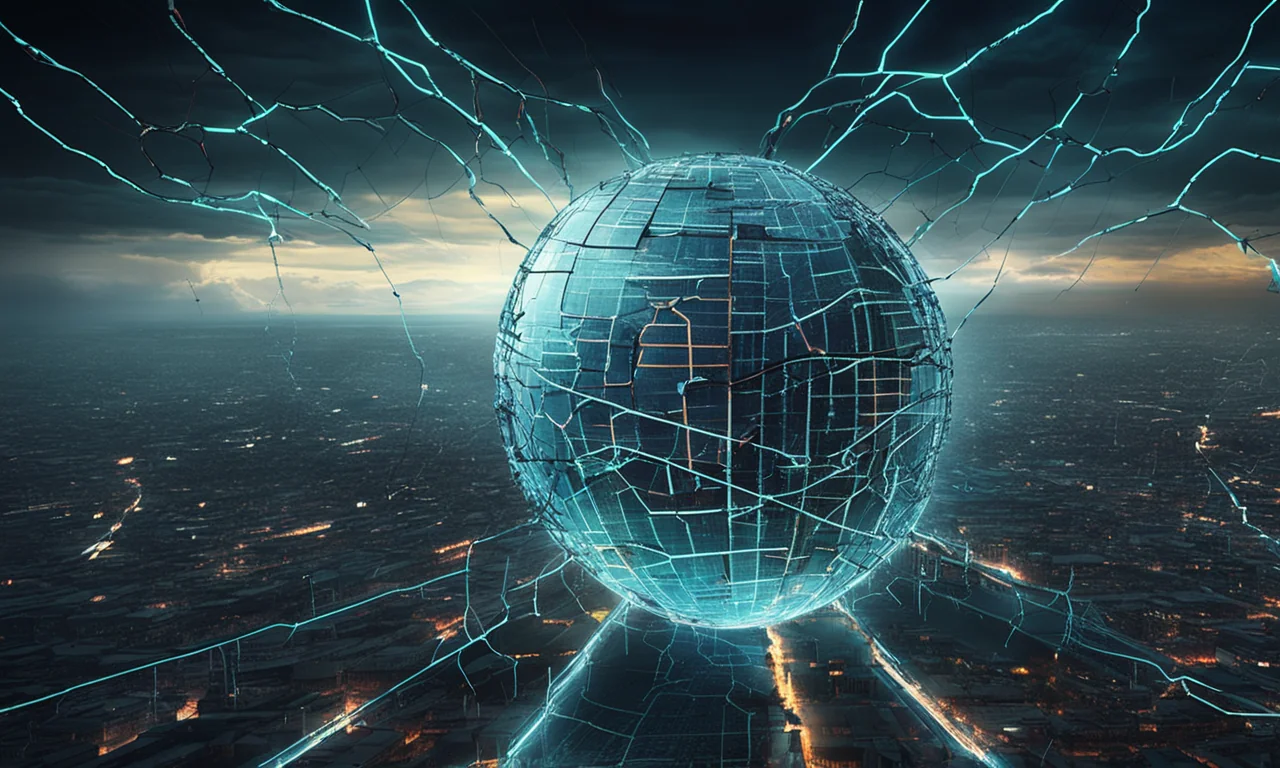
AI Regulation and Tech Reliability Drive Consumer Backlash
The surge in regulatory scrutiny and product discontinuations is reshaping user trust in technology firms.
Today's conversations on Bluesky's #technology and #tech channels reflect a digital landscape in flux, with regulatory debates, shifting consumer priorities, and ongoing friction between innovation and reliability. From AI regulation to legacy tech issues, users engaged in a dynamic exchange on how technology's pace and complexity impact everything from personal privacy to global infrastructure.
Regulation and Responsibility: Navigating AI and Data in the Modern Era
Concerns over the social impact of artificial intelligence were front and center, particularly in the discussion of California's SB 243 bill, which aims to shield children and vulnerable users from AI chatbot harms. The rollout of such measures sparked debate about the effectiveness of state-level laws versus broader federal regulation, with users expressing skepticism over the bill's substance and the “patchwork” nature of American tech governance.
"Glad to hear this news - and I'm sure more states will follow suit. That said, a state-by-state approach (compared to federal legislation) will add to the growing patchwork of AI regulation (echoing what we have already witnessed with state privacy laws)."- @legalintheloop.bsky.social (0 points)
The military's adoption of AI was also under scrutiny, with excerpts from a report on US defense operations highlighting an urgency to make battlefield decisions faster than humans. This led to worries about premature deployment and manipulation risks, echoing anxieties about the unchecked spread of AI across critical domains. At the same time, privacy issues surfaced with Microsoft's OneDrive facial recognition, raising questions about data stewardship and consumer trust.
"Disabled it as soon as I could. Never enabled it. Wouldn't trust Microsoft with any data backup. Never Do."- @lumenation.bsky.social (2 points)
Tech Reliability, Consumer Backlash, and the Lifecycle Challenge
Bluesky users also grappled with the volatility of tech services and hardware. The unexpected Vodafone outage left millions disconnected, revealing the deep dependency on robust infrastructure—and how quickly disruptions ripple across societies. Similarly, Windows 10's looming end-of-support prompted frustration over upgrade woes and the reliability of recent Microsoft products.
Consumer trust was further tested as Bose announced the end of SoundTouch smart speakers, fueling backlash over the planned obsolescence of quality devices. The sentiment echoed concerns that tech companies prioritize new product cycles over durability and customer loyalty, a theme that surfaced in response to regulatory enforcement against platforms like 4chan's Online Safety Act violations and California's opaque approach to datacenter water use transparency.
"Really short sighted. Sick of technology timing out and losing a good product as a result. Not going to buy a newer one from a company that kills my current one. Especially since I consider the product as a quality product. One that's supposed to last."- @patonabike.bsky.social (3 points)
Market Evolution and Shifting User Priorities
As legacy services falter, technology's market landscape is evolving. The Grindr ownership shakeup—triggered by stock declines and personal financial crises—mirrors broader volatility in tech-adjacent industries. Meanwhile, the wellness sector offers a different narrative, with Oura's leadership prioritizing core user satisfaction over aggressive demographic expansion, signaling a nuanced approach to growth and community building.
This shift in priorities reflects a growing awareness among tech companies of the need to balance innovation with sustainability and genuine user engagement, rather than chasing broad market capture. The cumulative effect is a tech ecosystem where users, companies, and regulators are recalibrating expectations—and where even subtle choices, like datacenter water policy or AI chatbot oversight, can have outsized impacts on public trust and sector stability.
Every subreddit has human stories worth sharing. - Jamie Sullivan